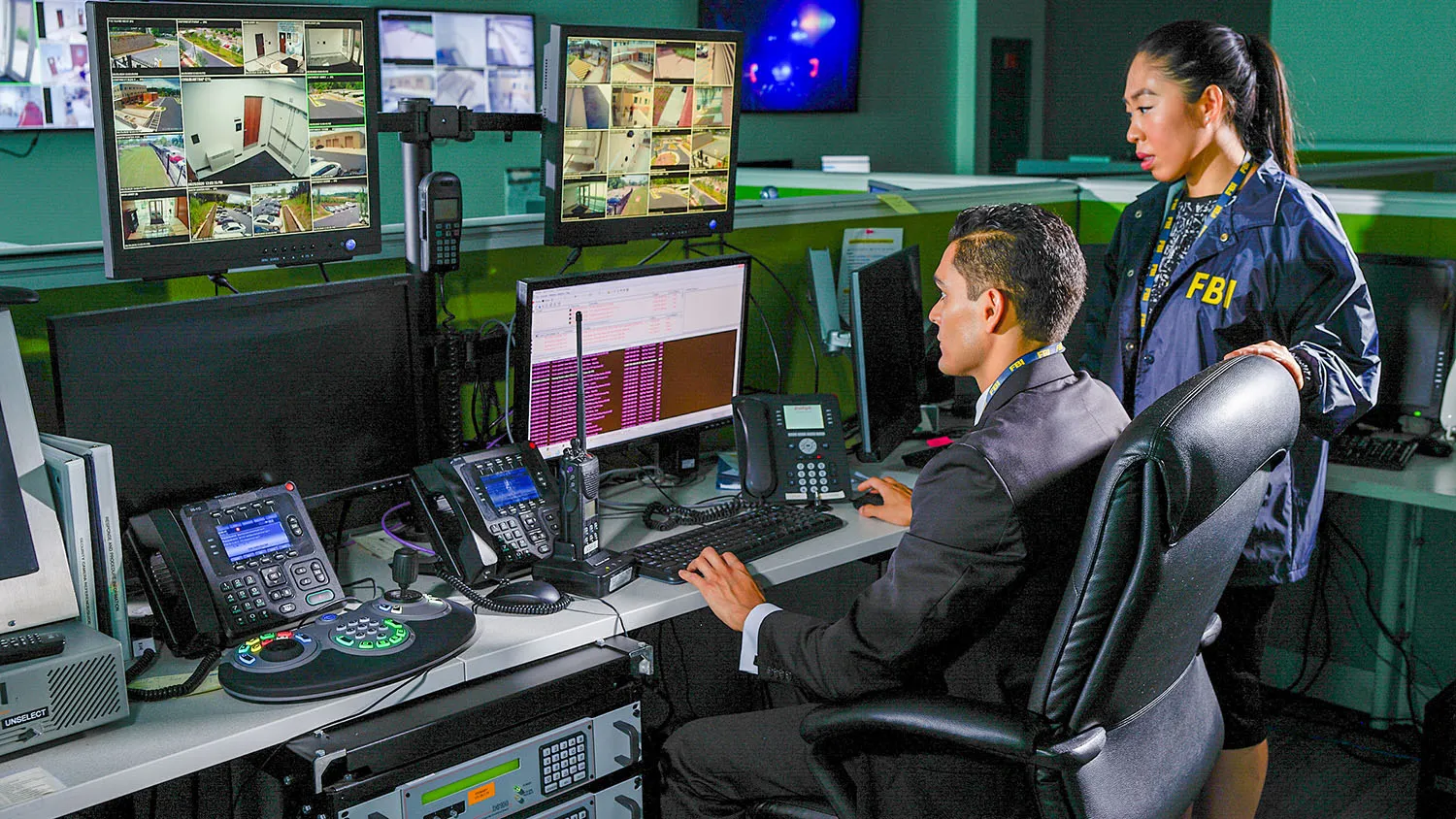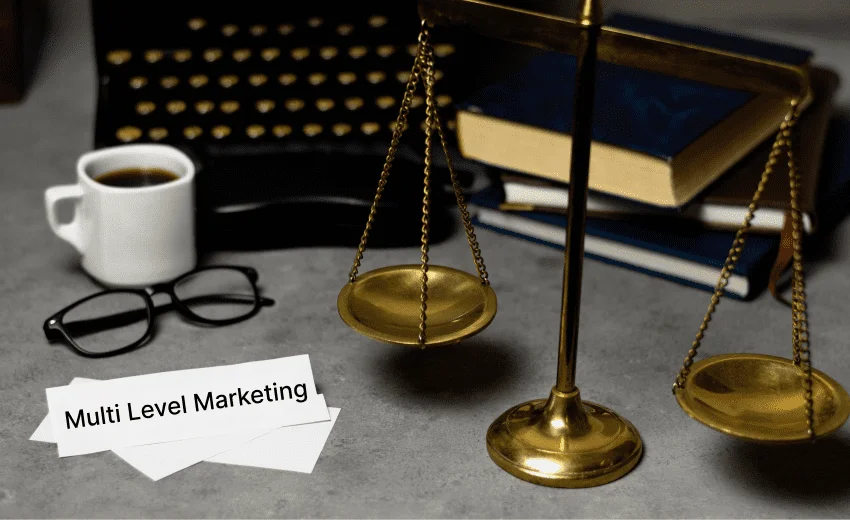The Federal Bureau of Investigation (FBI) is one of the most powerful and respected law enforcement agencies in the world. Founded in 1908, the FBI operates under the U.S. Department of Justice and is responsible for investigating violations of federal law, protecting national security, and ensuring justice across the United States. Its work combines traditional law enforcement with advanced intelligence operations to safeguard the nation from both domestic and international threats.
Structure and Organization
The FBI is headquartered in Washington, D.C., and operates through 56 field offices and hundreds of satellite offices across the United States. It is led by a Director, appointed by the President and confirmed by the Senate for a 10-year term. The Bureau’s structure is divided into specialized divisions, including Criminal Investigations, Counterterrorism, Cybercrime, Intelligence, and Forensic Services. This allows the agency to tackle a wide range of complex crimes efficiently.
Core Functions of the FBI
The FBI’s primary mission is to uphold and enforce federal laws while protecting the United States against major criminal and security threats. Its core areas of focus include:

- Counterterrorism: Preventing and investigating terrorist attacks against the United States, both domestic and international.
- Counterintelligence: Detecting and stopping espionage or cyber intrusions by foreign governments.
- Cybercrime: Combatting hacking, data theft, and online fraud through advanced digital forensics.
- Organized Crime and Corruption: Investigating drug trafficking, human smuggling, and white-collar crimes.
- Civil Rights Violations: Ensuring the protection of citizens against hate crimes, discrimination, and police misconduct.
The FBI also maintains the National Crime Information Center (NCIC), a database that assists law enforcement agencies nationwide in tracking criminals and solving cases.
Investigation Process
When a federal crime is suspected, the FBI begins by collecting intelligence, gathering evidence, and interviewing witnesses. Agents use advanced forensic technology and cyber tools to analyze data. Once sufficient evidence is collected, the case is handed over to federal prosecutors for legal proceedings. Collaboration is key—FBI agents often work with other agencies like the CIA, NSA, Interpol, and local police departments.
The FBI’s effectiveness lies in its balance of intelligence gathering and law enforcement. With a mission to protect and serve, it continues to evolve in the face of new threats like cyber warfare and global terrorism. Ultimately, the FBI remains a cornerstone of American justice and national security, ensuring peace and safety for the public.
![]()





